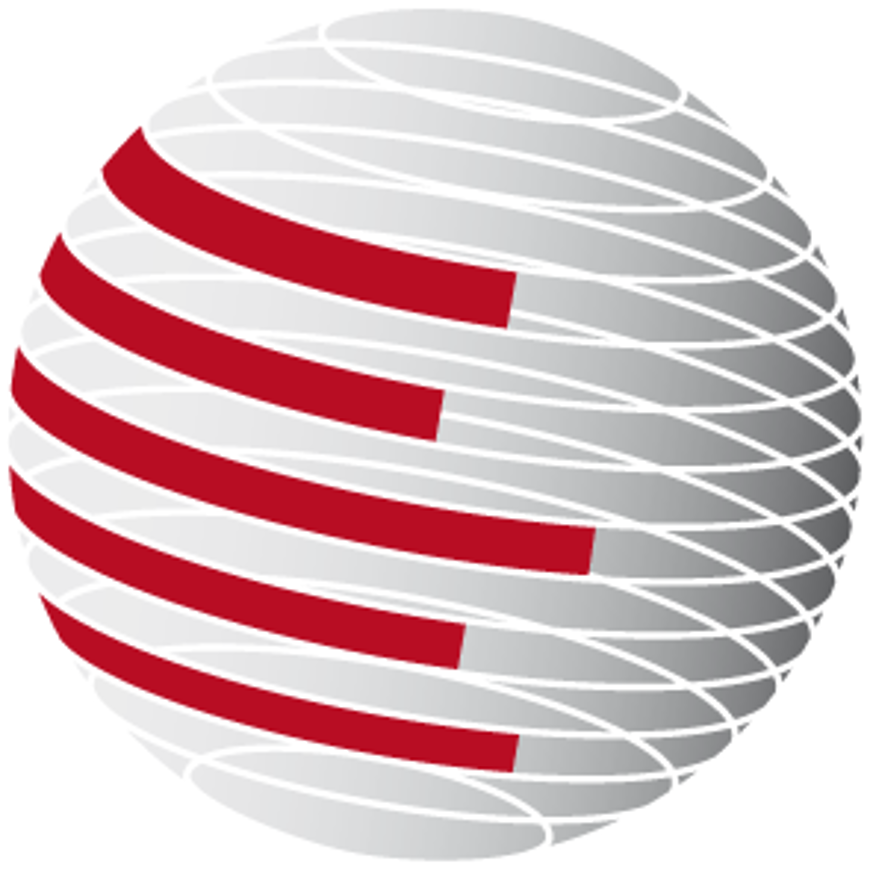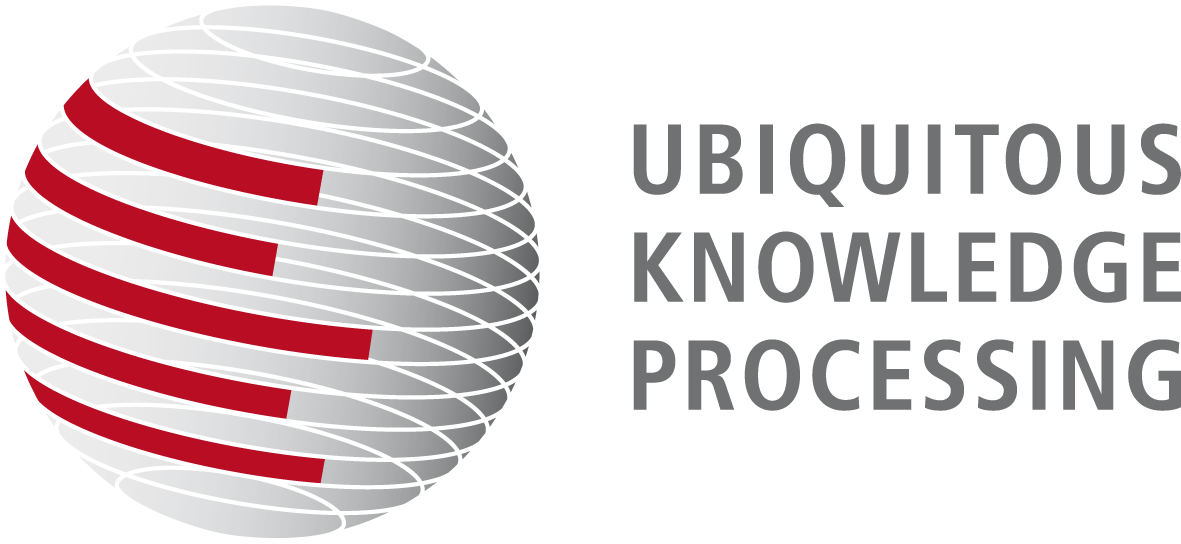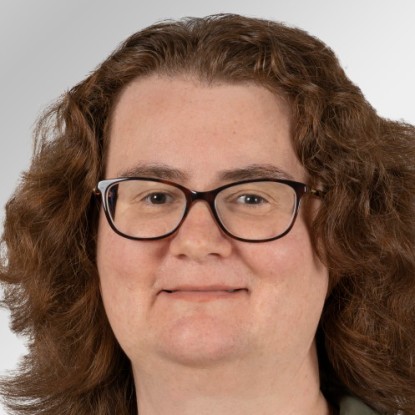UBY tutorial on 15 May
2015/04/27

A tutorial entitled “Understanding and Using UBY” will be presented by Dr. Judith Eckle-Kohler and Dr. Christian M. Meyer of the UKP Lab on 15 May 2015 from 10:00 to 13:00. The tutorial will take place in Room S115/133 (Institute of Psychology) of Technische Universität Darmstadt.
The goal of this tutorial is to gain a fundamental understanding of the lexical resource UBY and its usage in natural language processing applications (e.g., for feature extraction in machine learning tasks or as a knowledge base for the lexical-semantic annotation of text).
Outline and estimated schedule
Learning unit 1 (~ 85 min)
• Overview of UBY and the UBY-LMF model
• Working with dictionary information
• Working with wordnet information
• Working with multilingual and sense-linked information
• OntoWiktionary as a prototype of a structurally enriched resource
(Coffee break)
Learning unit 2 (~ 85 min)
• Working with deep semantic information
• Working with syntactic information
• Using UBY as a UIMA resource
• Use case: semantic tagging with UBY
• Use case: extracting features from UBY
Wrap-up
Preparation
This tutorial contains interactive parts. Please bring a laptop with a development environment if you are interested to try UBY hands-on. We will announce more details before the tutorial.
Tutorial instructors
Judith Eckle-Kohler is a Senior Researcher in the Ubiquitous Knowledge Processing (UKP) Lab at the University of Darmstadt. Her research focuses on the automatic acquisition of lexical resources and their use for large-scale semantic text processing. She studied Computer Science at Stuttgart University and did her Ph.D. in Computational Linguistics on the automatic acquisition of a German subcategorization lexicon. For the last four years, she has been leading the development of the large-scale lexical resource UBY and extensively published on this topic.
Christian M. Meyer is a post-doctoral fellow at the Ubiquitous Knowledge Processing (UKP) Lab, Technische Universität Darmstadt. His research interests include intelligent writing assistance and knowledge-based approaches with a particular focus on innovative applications for lexical resources. He has expertise in sense-linking and standardization of lexical resources, word sense disambiguation, and inter-rater agreement. His dissertation at the intersection of electronic lexicography and natural language processing addressed the collaboratively created online lexicon Wiktionary. In his master’s thesis, he developed a question answering system, which has been awarded the GSCL price for the best student thesis 2009–2011.


